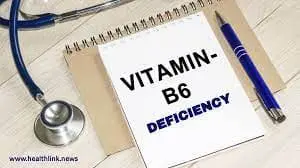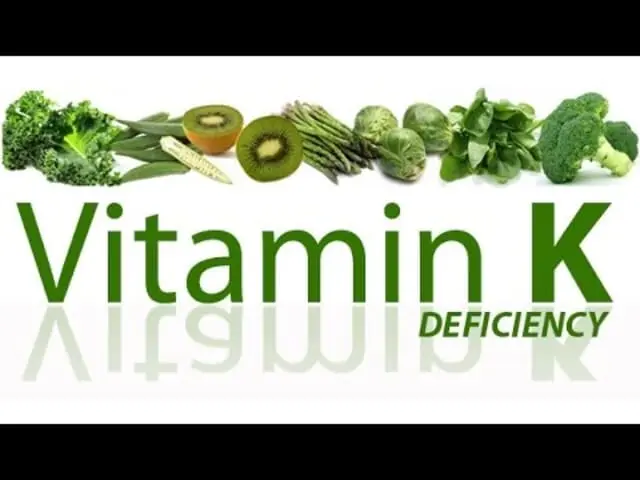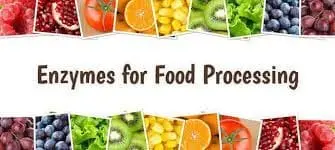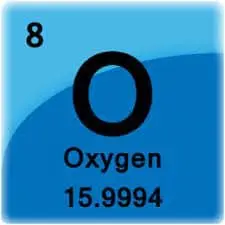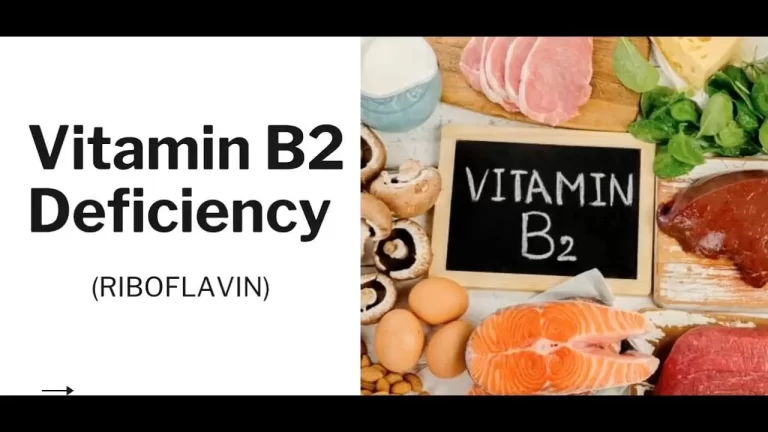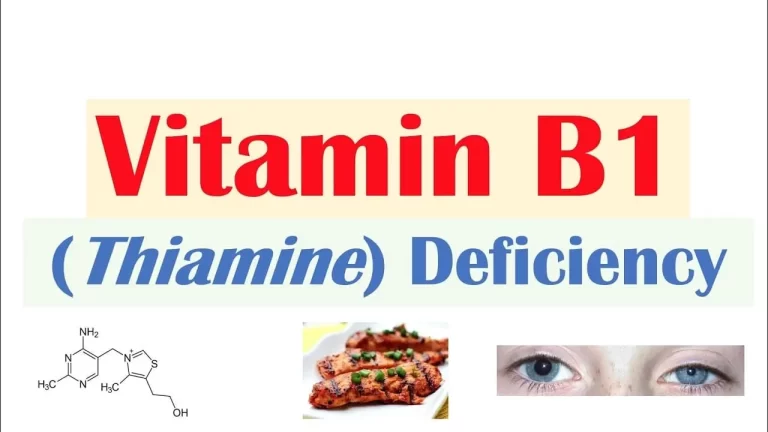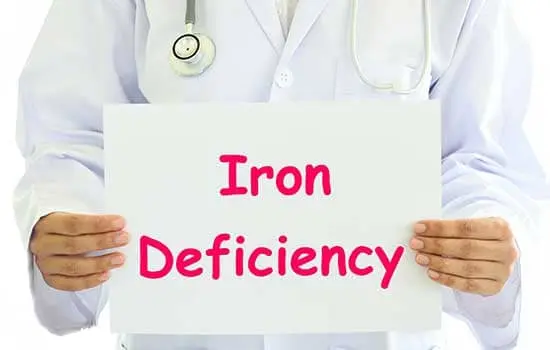Vitamin B6 Deficiency
What is a Vitamin B6 Deficiency? Vitamin B6 deficiency, a condition arising from inadequate levels of pyridoxine, a water-soluble vitamin, can significantly impact various physiological functions essential for overall health. As a pivotal player in more than 100 enzymatic reactions, vitamin B6 is crucial for amino acid metabolism, neurotransmitter formation, and hemoglobin synthesis. This deficiency…

